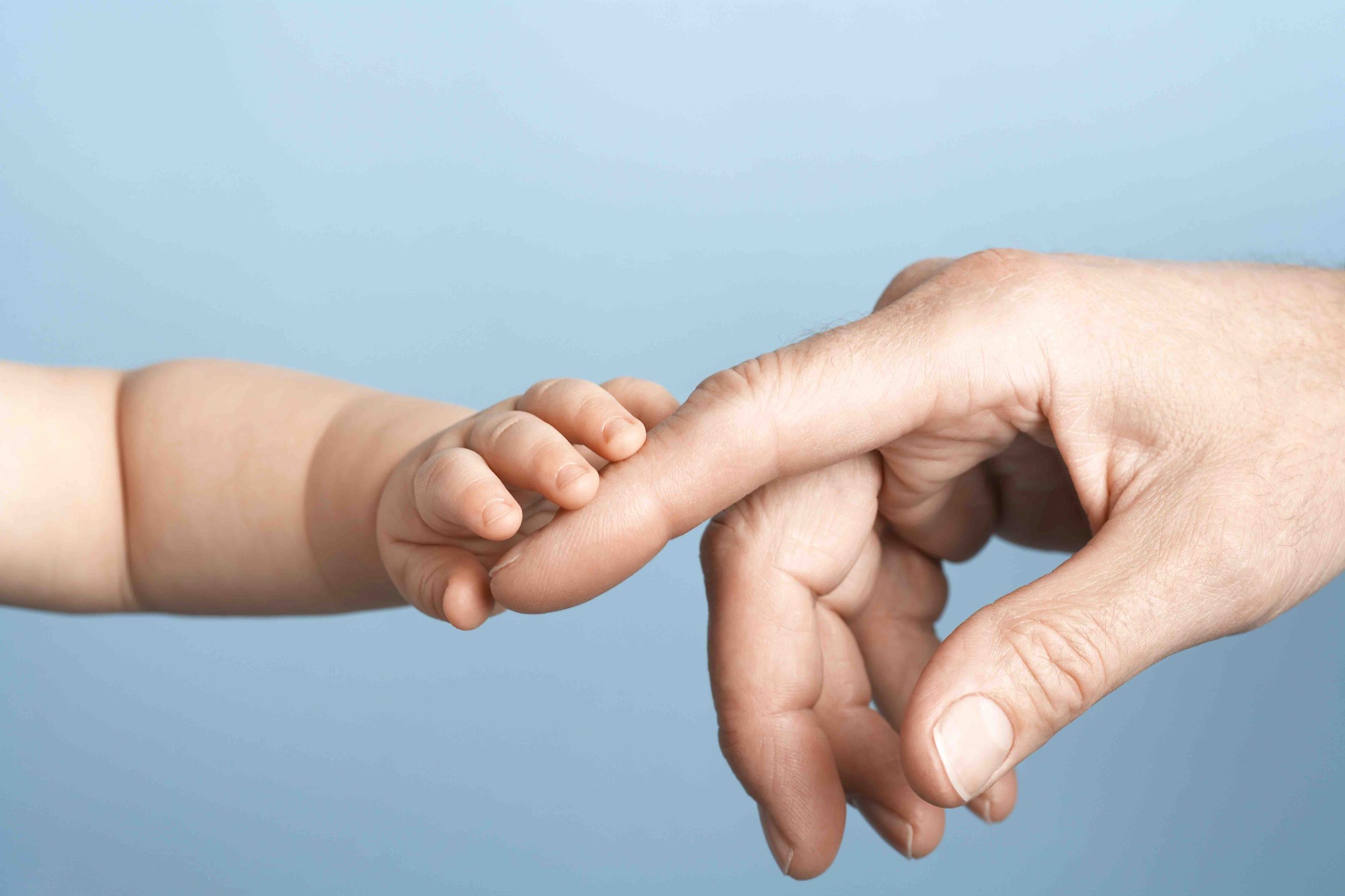Are you in a relationship with someone who is obviously not good for you but you can’t seem to find it in you to leave them? You are not alone. You and many others may be experiencing the symptoms of trauma bonding without even realising it.
Bonding is a biological and emotional process that makes people more important to us the longer we spend with them. Bonding cannot dwindle, unlike attraction, trust or love. It is cumulative and only gets bigger, never smaller.
We form bonds with people we spend time with and do the following activities together:
- living
- eating
- having sex
- just being together during times of stress and hardship.

However, if we form relationships with negative or toxic people, this may create trauma bonds which are as strong as the positive ones. Sometimes even more.
This condition is similar to Stockholm Syndrome, which is a survival strategy in which those held captive develop a sense of trust or even affection for the very people who captured and held them against their will. This type of survival strategy can also occur in a relationship.
Trauma bonding is a concept developed by Patrick Carnes and is the misplacement of fear, excitement and sexual attraction that creates entanglement.
Trauma bonding occurs when a person, especially an echoist, is in a relationship with a narcissist. The individual, who may often be struggling with problems of codependency, feels loved and cared for at first but this feeling erodes over time, emotionally and mentally and sometimes physical violence takes over the relationship.
Dutton and Painter (1981) have theorized that strong emotional bonds are produced in relationships where the abuse is not constant, but the abuse is often counterbalanced by positive behaviors, thus subjecting the victim to periods of both abuse and positive behaviors.
The codependent victim may feel their partner changing but not fully realise what is going on as trauma bonds are strengthened by inconsistent positive reinforcement or the hope of them somehow changing for the better. This means that they can remain in the relationship as long as their partner makes them happy once in a while.
They think that they are the ones doing something wrong and the trauma they feel is just a consequence of their shortcomings. For instance, they may feel that they are not pretty, smart or cool enough for their partner and this is why they are not being loved the way they should.
Why you need to understand trauma bonding
Shannon Thomas, career therapist and author of Healing from Hidden Abuse, states that psychological abuse like trauma bonding develops in a gradual and subtle way. Just like an IV drip of poison entering your veins.
You have this back and forth, and the body becomes addicted,’Thomas said. ‘When we’re looking for something that we want, that we once had, which is a connection with somebody, and they are playing cat and mouse where they are pulling it back and forth, then the body really does become dependent on having that approval.
Unfortunately, many people who try to leave abusive relationships are so attached to their abuser that they fall back. Some aren’t even able to try to leave and are only spared from further abuse when their abuser decides to discard them.

However, by understanding that your abuser is focused solely on maintaining total power over you using whatever methods he/she can, you will be able to break free from this vicious cycle. These methods may include physical abuse, psychological manipulation, isolation, verbal degradation or any other method that makes you feel less than yourself.
When the victim realises that the abuser is only using them to satisfy their thirst for power and control, it helps them overcome the inner confusion they have been manipulated to believe and see the abuser for what they truly are.
Once the victim has understood the abuser’s true intentions, they can begin to consider leaving and get on the road to healing from trauma bonding.
There is a way to heal from trauma bonding. Start compassionate and caring counselling sessions today.


